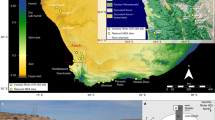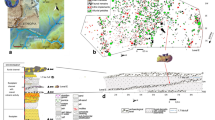Abstract
Children grow up in environments saturated with tools and objects which they must learn to use. One of the most efficient ways in which children do this is by imitating. Recent work has shown that, in contrast to non-human primates, when young children learn by imitating they focus more on reproducing the specific actions used than the actual outcomes achieved. From about 18 months of age children will routinely copy arbitrary and unnecessary actions. This puzzling behaviour is called 'over-imitation'. By documenting similarities exhibited by children from a large, industrialised city and children from remote Bushman communities in southern Africa, we provide here the first indication that over-imitation is a universal human trait. We also show that over-imitation is unaffected by the age of the child, testing environment, or familiarity of the demonstrating adult. Furthermore we argue that, although seemingly maladaptive, over-imitation reflects an evolutionary adaptation fundamental to the development and transmission of human culture.
Similar content being viewed by others
Article PDF
Author information
Authors and Affiliations
Corresponding author
Rights and permissions
About this article
Cite this article
Nielsen, M., Tomaselli, K. Over-Imitation in the Kalahari Desert and the Origins of Human Cultural Cognition. Nat Prec (2009). https://doi.org/10.1038/npre.2009.3049.1
Received:
Accepted:
Published:
DOI: https://doi.org/10.1038/npre.2009.3049.1



